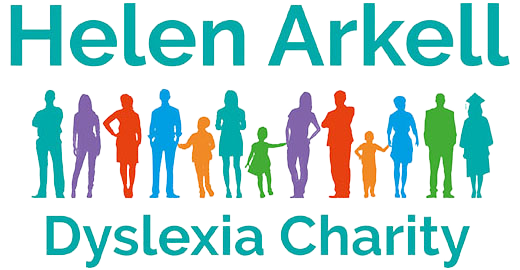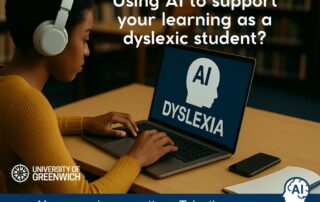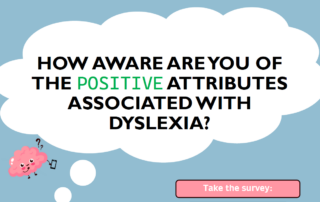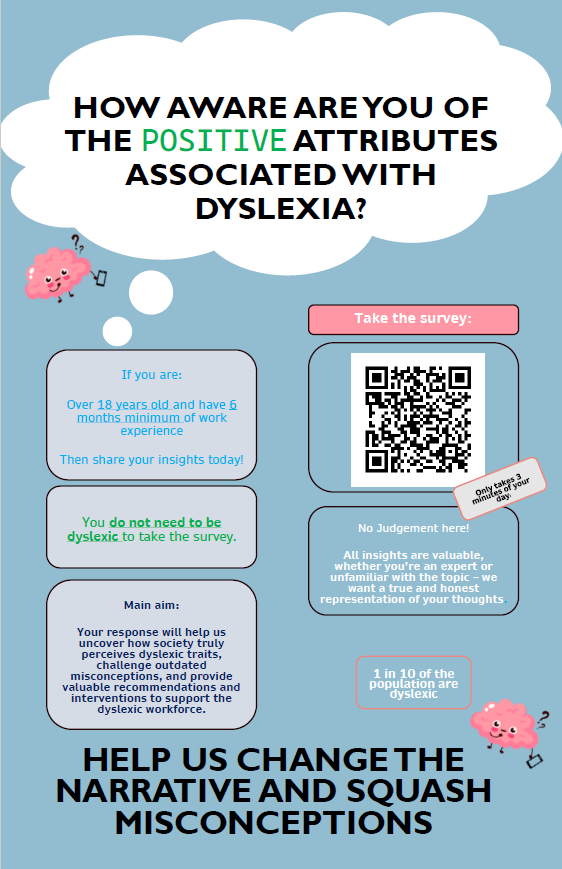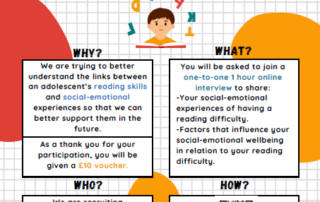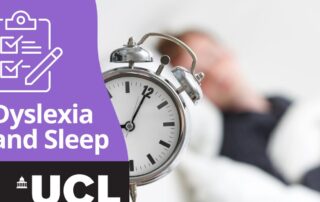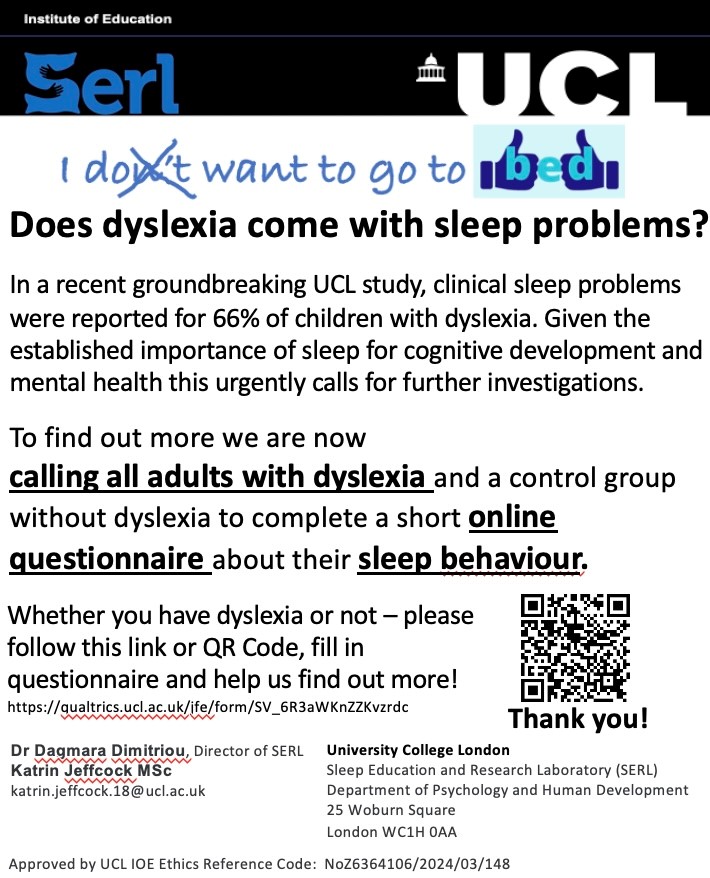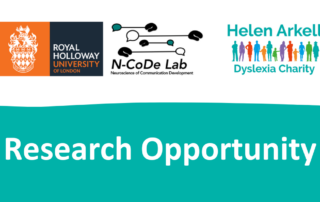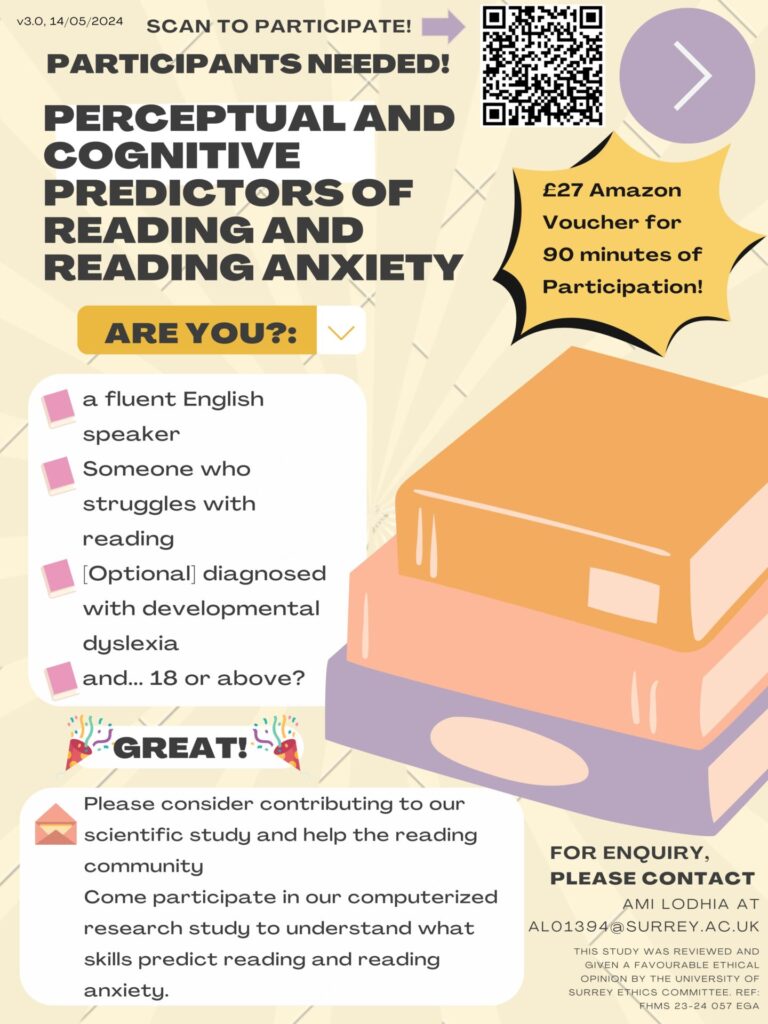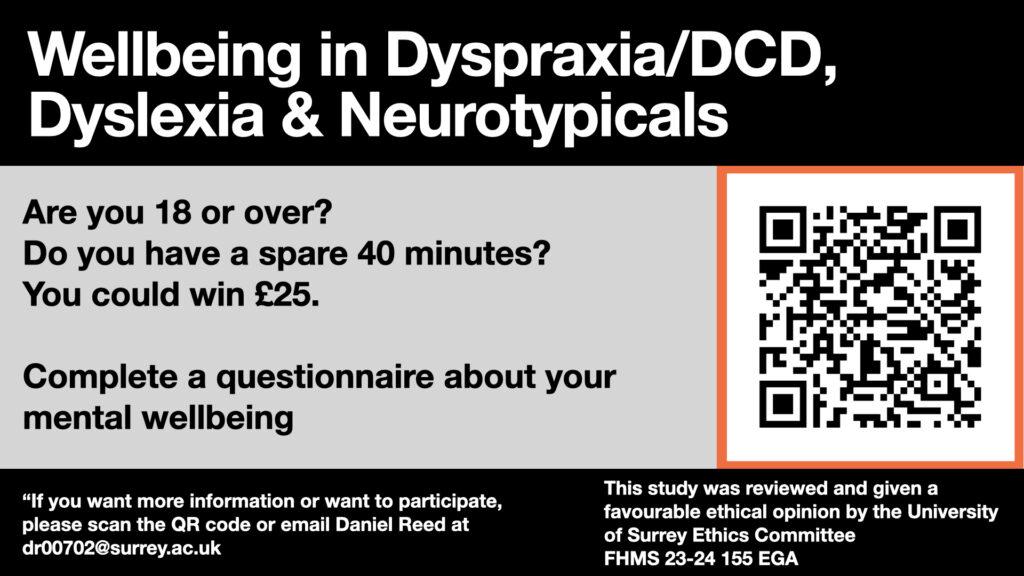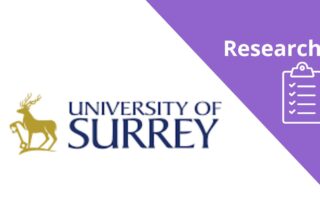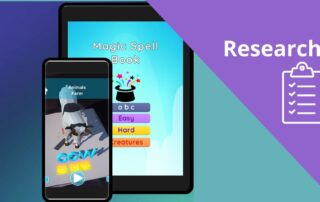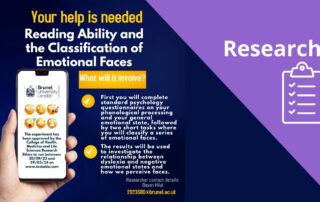Research Survey – Using A.I to support your learning as a dyslexic student
Are you a dyslexic student or graduate in the UK? Share your experiences with memory and learning tools in higher education to help shape future support—take part in this important PhD survey by Ayo Bamgbose from the University of Greenwich.
This survey is part of a PhD study by Ayo Bamgbose, a dyslexic adult learner and researcher at the University of Greenwich. The research explores how dyslexic students experience higher education, especially in relation to memory challenges and the use of assistive or AI-based learning tools.
It was important for Ayo to carry out this research, as one of her biggest challenges throughout her studies has been memory retention and recall. Through using AI tools, she has experienced many positives, along with a few challenges. This study aims to learn how others perceive these tools, what’s working well, and how they can be improved to better meet the needs of dyslexic learners.
The survey is open to anyone in the UK who identifies as dyslexic and is currently studying, or has previously studied, at college or university level.
You can access and take part in the survey here.
The survey is open and will remain available until 30 November 2025.
